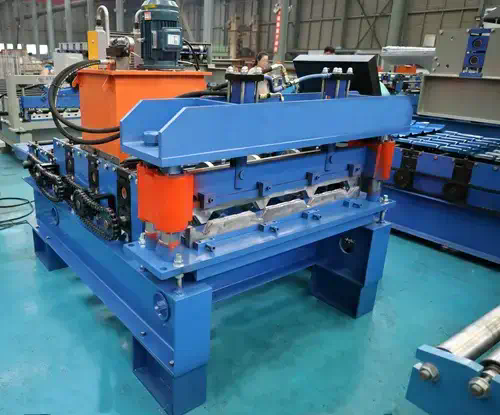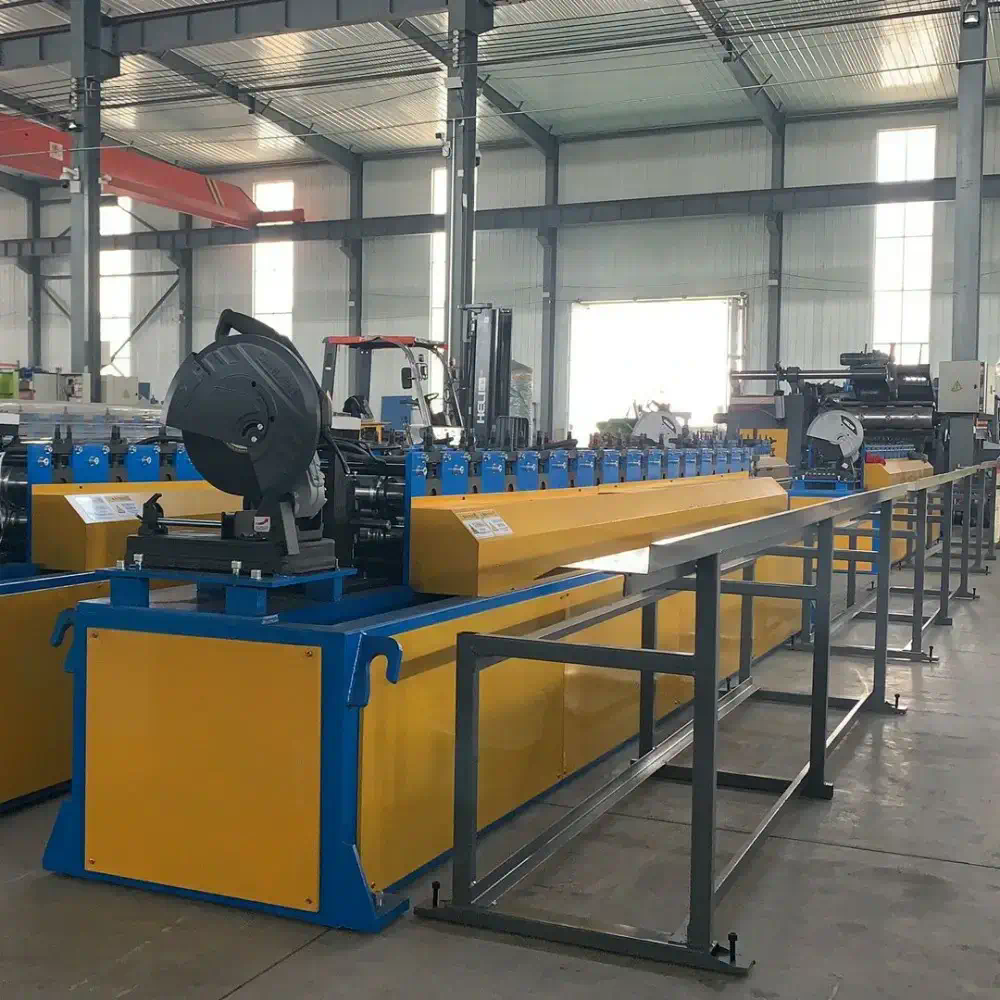Sheet metal bending machines have been instrumental in shaping the future of the manufacturing industry. With their ability to efficiently and accurately bend sheet metal into various shapes and forms, these machines have revolutionized the way metal components are produced. As the demand for precision-engineered metal products continues to grow, the role of sheet metal bending machines in meeting this demand cannot be overstated.
The Evolution of Sheet Metal Bending Machines
Since their inception, sheet metal bending machines have undergone significant advancements in terms of technology, efficiency, and precision. The earliest bending machines were manual, requiring skilled operators to manipulate the metal into the desired shape. However, with the advent of computer numerical control (CNC) technology, modern bending machines have become highly automated, capable of producing complex bends with remarkable accuracy.

The Impact on Manufacturing Processes
The widespread adoption of sheet metal bending machines has had a profound impact on manufacturing processes across various industries. These machines have significantly reduced production lead times, enabling manufacturers to meet tight deadlines and deliver products to market faster. Moreover, the ability to produce intricate and precise bends has expanded the design possibilities for metal components, leading to more innovative and functional end products.
Enhancing Efficiency and Precision
One of the key advantages of sheet metal bending machines is their ability to enhance both efficiency and precision in metal fabrication. By automating the bending process, these machines can consistently produce high-quality bends with minimal material waste. This not only reduces production costs but also ensures that the final product meets the exact specifications required by the customer.
The Role of Automation

Automation has been a game-changer in the sheet metal bending industry. Modern bending machines are equipped with advanced automation features, such as CNC control and robotic arms, which enable them to perform complex bending operations with minimal human intervention. This level of automation not only improves productivity but also enhances workplace safety by reducing the need for manual handling of heavy metal sheets.
Meeting Diverse Industry Needs
Sheet metal bending machines are versatile tools that can cater to a wide range of industry needs. Whether it’s automotive, aerospace, construction, or electronics, these machines play a crucial role in producing the metal components required for various applications. Their ability to bend different types of metals, including steel, aluminum, and copper, makes them indispensable in meeting the diverse demands of different industries.
The Future of Sheet Metal Bending Machines
Looking ahead, the future of sheet metal bending machines is poised for further advancements driven by technological innovation. The integration of artificial intelligence and machine learning algorithms is expected to enhance the predictive maintenance steel bending machine capabilities of bending machines, ensuring minimal downtime and optimal performance. Additionally, advancements in material science and engineering will lead to the development of bending machines capable of handling new and exotic materials, further expanding their application potential.
Challenges and Opportunities
While sheet metal bending machines have transformed the manufacturing landscape, they also face certain challenges that need to be addressed. The complexity of bending increasingly thinner and lighter materials, along with the demand for more intricate part geometries, presents a significant challenge for machine manufacturers. However, these challenges also present opportunities for innovation and the development of cutting-edge bending technologies that can overcome these limitations.
In conclusion, sheet metal bending machines continue to play a pivotal role in shaping the future of the manufacturing industry. Their ability to enhance efficiency, precision, and versatility makes them indispensable tools for meeting the evolving demands of modern manufacturing. As technological advancements and industry needs continue to evolve, the future of sheet metal bending machines holds promise for further innovation and growth.